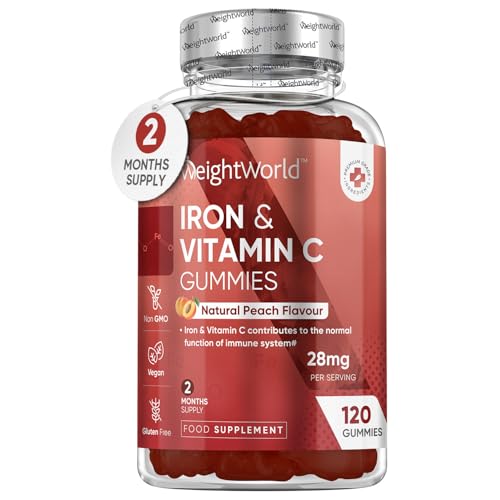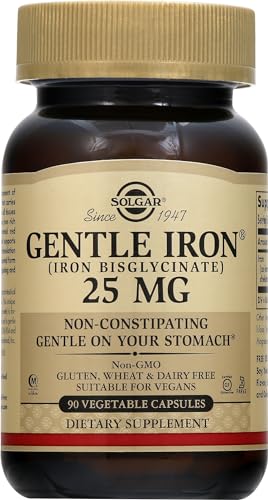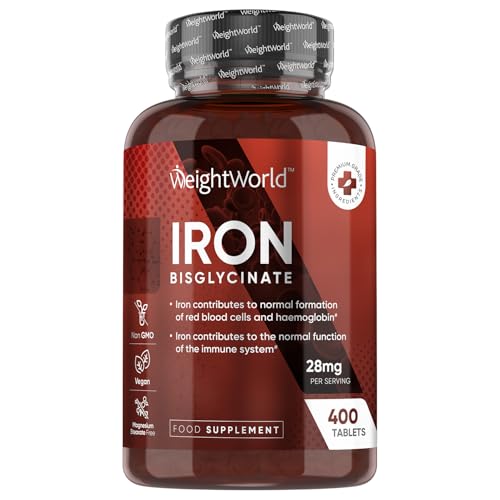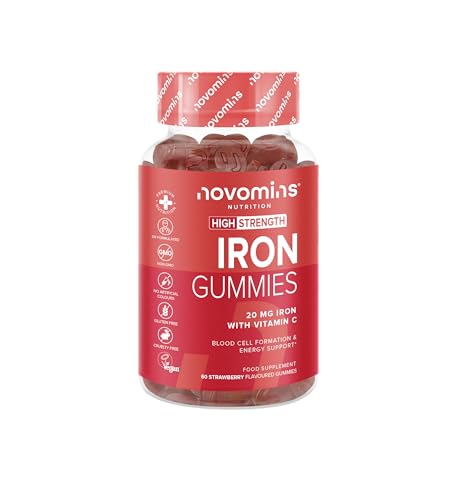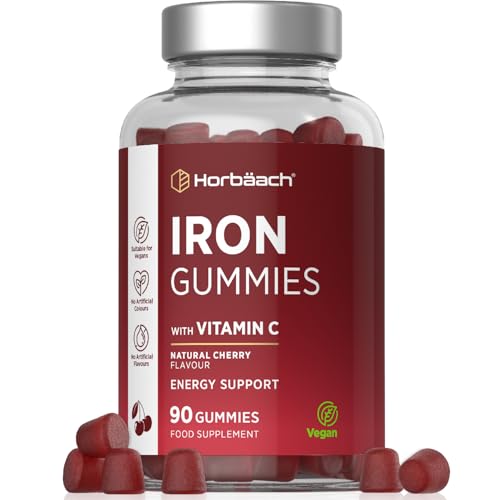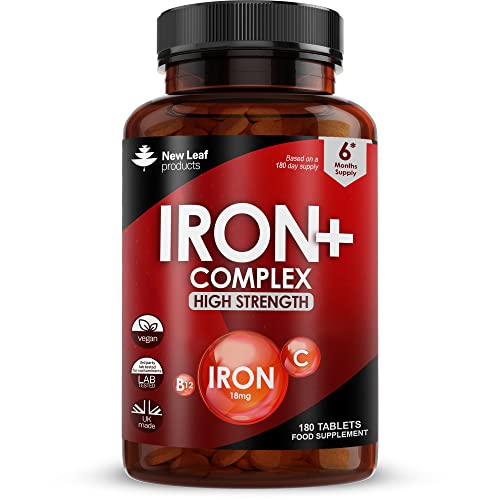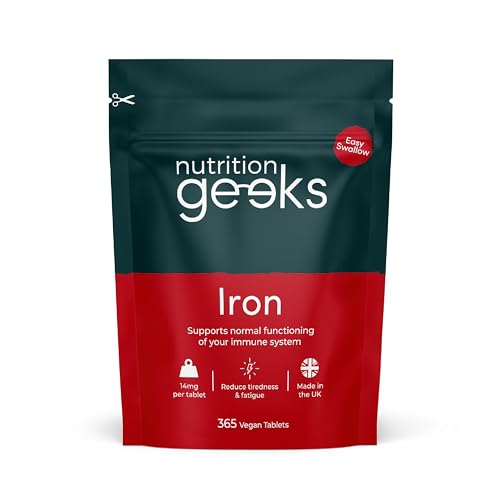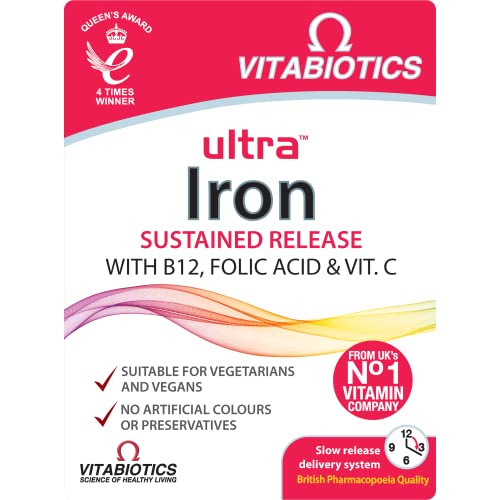Understanding Iron Supplements: What They Are and Who Needs Them
What Are Iron Supplements?
Iron supplements are dietary products designed to increase your iron levels, which are crucial for producing red blood cells that transport oxygen throughout the body. They come in various forms, including tablets, capsules, liquids, and even gummies. If you find yourself feeling unusually fatigued, struggling with persistent weakness, or experiencing frequent headaches, it could indicate an iron deficiency, prompting the need for supplementation.
Who Requires Iron Supplements?
Certain groups of people are at a higher risk of developing iron deficiency and may benefit from taking iron supplements. For example, pregnant women require additional iron to support the growth of the fetus. Vegetarians and vegans may also find it challenging to get enough iron from their plant-based diets alone. Additionally, individuals with heavy menstrual cycles, gastrointestinal conditions, or those who have undergone surgery might need to consider iron supplementation.
Key Ingredients in Iron Supplements: A Quick Breakdown
Types of Iron Available in Supplements
The primary ingredient in iron supplements is, of course, iron. However, it’s important to note that not all iron is created equal. The two main types found in supplements are ferrous iron and ferric iron. Ferrous iron is typically better absorbed by the body, which is why many supplements contain this form. When selecting a supplement, look for ferrous sulfate, ferrous gluconate, or ferrous fumarate, as these are among the most common and easily absorbed forms.
Additional Elements to Enhance Absorption
Alongside iron, some supplements include vitamin C, which plays a pivotal role in enhancing iron absorption. If the supplement you are considering contains vitamin C, you are likely to derive more benefits from the iron provided. Additionally, pay attention to other mineral interactions; ingredients like calcium and magnesium can hinder iron absorption, so it’s wise to avoid taking them together.
Choosing the Right Iron Supplement for Your Needs: Dosage and Form
Determining Your Dosage
Iron supplements typically come with recommended dosages based on age, gender, and specific health needs. It is advisable to follow the dosage instructions provided on the product label or those given by your healthcare provider. For adults, a daily intake of 8 to 18 mg is usually recommended, but pregnant individuals may need up to 30 mg daily.
Selecting Your Preferred Form
Iron supplements are available in several forms, from standard tablets to more palatable gummies. If you have difficulty swallowing pills, liquid iron supplements offer a great alternative and can be easier for your body to absorb. Gummies can be a fun option, especially for those who struggle with traditional supplements, but be mindful of their sugar content. Always choose a form that suits your lifestyle and preferences to ensure consistent use.
How to Maximise the Benefits of Iron Supplements: Tips and Advice
Best Practices for Taking Iron
Maximising the benefits of iron supplements can be achieved by timing your intake wisely. It’s best to take iron on an empty stomach to enhance absorption, however, if it causes stomach upset, having it with a small amount of food might be a better choice. Additionally, consuming vitamin C-rich foods or drinks, such as orange juice, within the same timeframe can significantly improve the effectiveness of the supplement.
Monitoring Your Progress
After starting an iron supplement, monitoring your iron levels is crucial. Regular check-ups with your healthcare provider can help determine if your levels are improving and whether your dosage needs adjusting. Be attentive to how you feel, as increased energy and reduced fatigue are good signs that the supplements are working effectively.

